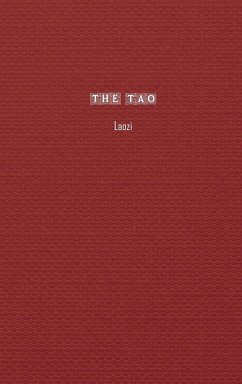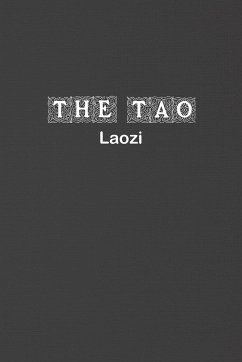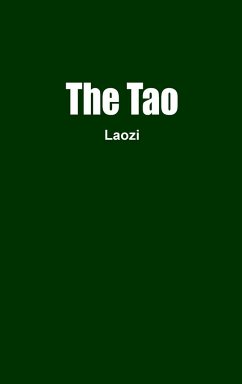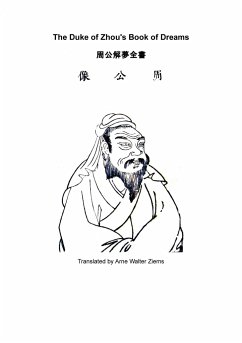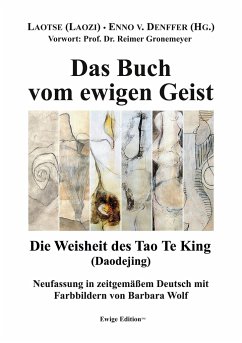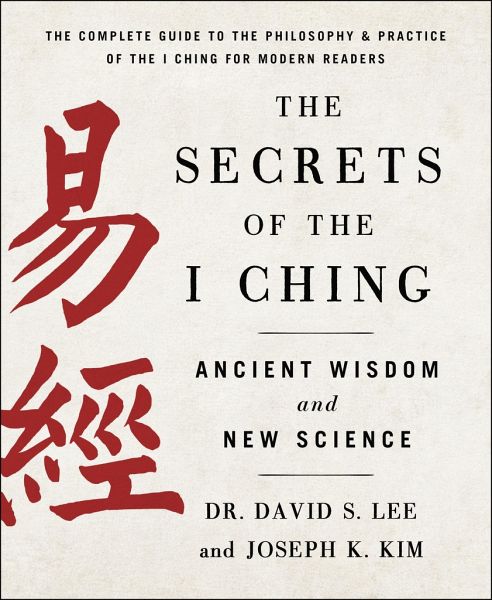
Secrets of the I Ching
Ancient Wisdom and New Science
Versandkostenfrei!
Versandfertig in über 4 Wochen
29,99 €
inkl. MwSt.

PAYBACK Punkte
15 °P sammeln!
A comprehensive guide to the mysteries of the I Ching.Originally discovered around 3,000 BCE, the I Ching is a collection of symbols that explain how patterns in the universe change and shift. These sixty-four symbols contain within them one of the most powerful keys to understanding the world around us. The Secrets of the I Ching is the definitive guide to understanding the ancient mysteries and foundations of the I Ching.Authors Dr. David Lee and Joseph K. Kim guide the reader from the very beginning of Eastern thought, the concepts of Tao and Tai Chi, through the theory of Yin-Yang, Trinity...
A comprehensive guide to the mysteries of the I Ching.
Originally discovered around 3,000 BCE, the I Ching is a collection of symbols that explain how patterns in the universe change and shift. These sixty-four symbols contain within them one of the most powerful keys to understanding the world around us. The Secrets of the I Ching is the definitive guide to understanding the ancient mysteries and foundations of the I Ching.
Authors Dr. David Lee and Joseph K. Kim guide the reader from the very beginning of Eastern thought, the concepts of Tao and Tai Chi, through the theory of Yin-Yang, Trinity, the Five Elements, and other critical concepts that will unlock the full meaning of the I Ching. Instead of simply re-interpreting the myriad of meanings ascribed to the I Ching, they focus on the symbols themselves, offering a new way of understanding its unique power.
Filled with over three hundred images and backed by in-depth research and study, The Secretsof the I Ching is the ultimate guide to the I Ching and essential reading for anyone interested in exploring the power of this ancient source of wisdom and knowledge.
Originally discovered around 3,000 BCE, the I Ching is a collection of symbols that explain how patterns in the universe change and shift. These sixty-four symbols contain within them one of the most powerful keys to understanding the world around us. The Secrets of the I Ching is the definitive guide to understanding the ancient mysteries and foundations of the I Ching.
Authors Dr. David Lee and Joseph K. Kim guide the reader from the very beginning of Eastern thought, the concepts of Tao and Tai Chi, through the theory of Yin-Yang, Trinity, the Five Elements, and other critical concepts that will unlock the full meaning of the I Ching. Instead of simply re-interpreting the myriad of meanings ascribed to the I Ching, they focus on the symbols themselves, offering a new way of understanding its unique power.
Filled with over three hundred images and backed by in-depth research and study, The Secretsof the I Ching is the ultimate guide to the I Ching and essential reading for anyone interested in exploring the power of this ancient source of wisdom and knowledge.





